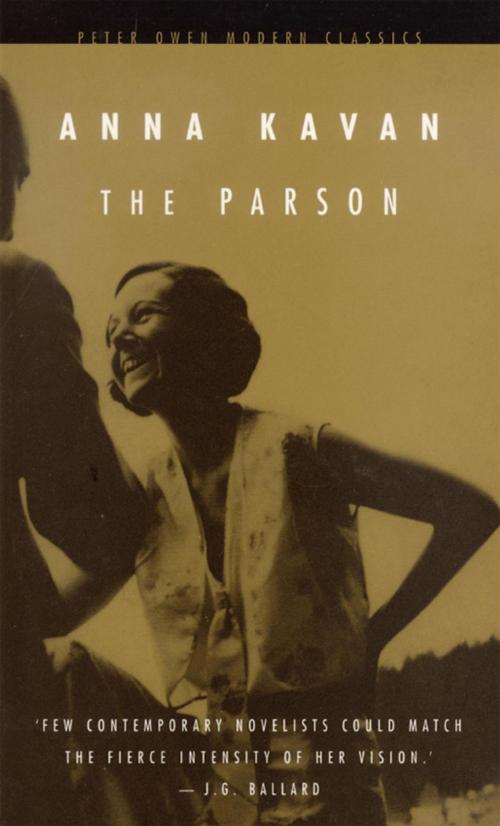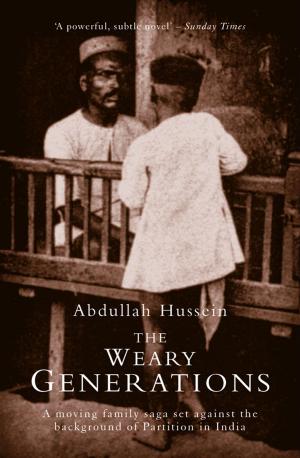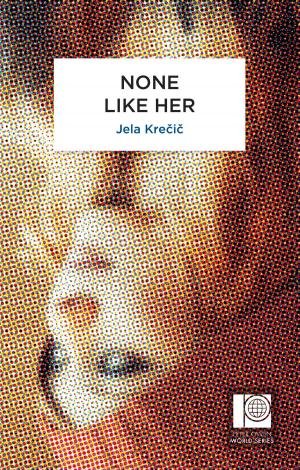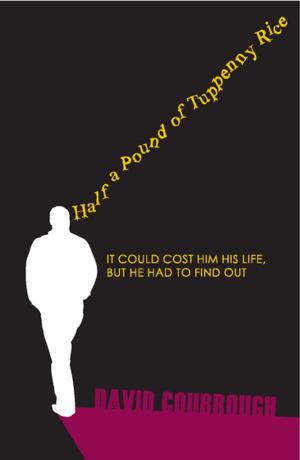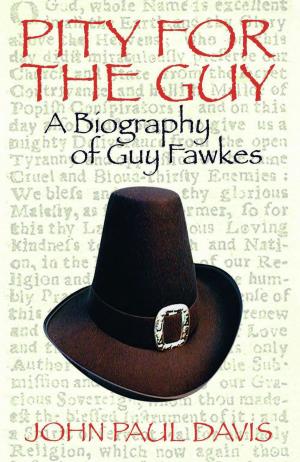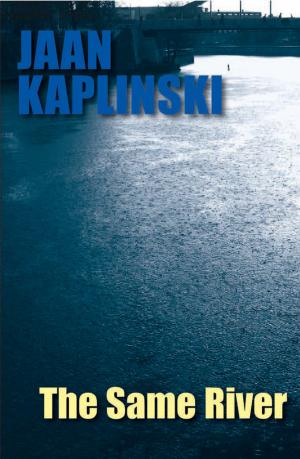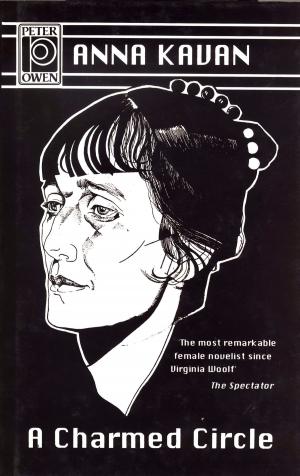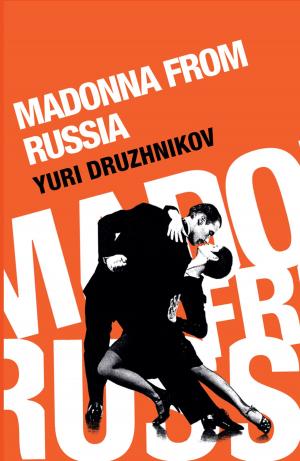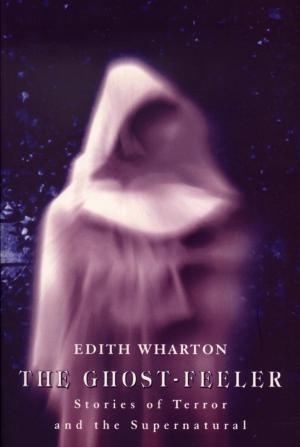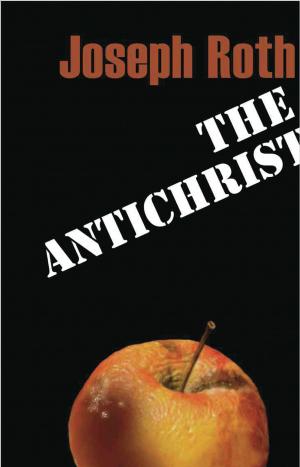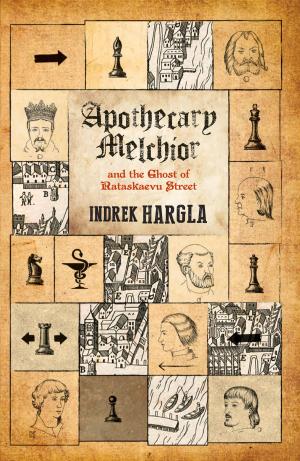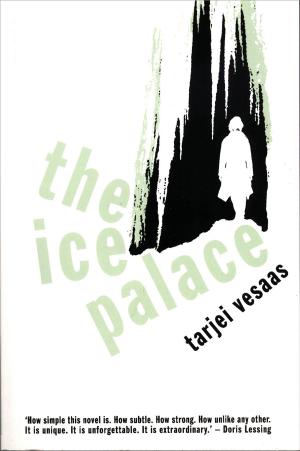| Author: | Anna Kavan | ISBN: | 9780720617108 |
| Publisher: | Peter Owen Publishers | Publication: | September 1, 2001 |
| Imprint: | Peter Owen Publishers | Language: | English |
| Author: | Anna Kavan |
| ISBN: | 9780720617108 |
| Publisher: | Peter Owen Publishers |
| Publication: | September 1, 2001 |
| Imprint: | Peter Owen Publishers |
| Language: | English |
The Parson was not published in Anna Kavan’s lifetime, but found after her death in manuscript form. Thought to have been written between the mid 50s and early 60s, it presages, through its undertones and imagery, some of Kavan’s last and most enduring fiction (such as Ice). It was published finally, to wide acclaim, by Peter Owen in 1995. The Parson of the title is not a cleric, but an upright young army officer so nick-named for his apparent prudishness. On leave in his native homeland, he meets a rich and beguiling beauty, the woman of his dreams. The days that the Parson spends with Rejane, riding in and exploring the wild moorland have their own enchantment. But Rejane grows restless in this desolate land; doubtless in love with the Parson, she discourages any intimacy. Until that is, she persuades him to take her to a sinister castle situated on a treacherous headland. This is less a tale of unrequited love than exploration of divided selves, momentarily locked in an unequal embrace. Passion is revealed as a play of the senses as well as a destructive force. There have been valid comparisons to Poe, Kafka, and Thomas Hardy, but the presence of her trademark themes, cleverly juxtaposed and set in her risk-taking prose, mark The Parson as 100% Kavan.
The Parson was not published in Anna Kavan’s lifetime, but found after her death in manuscript form. Thought to have been written between the mid 50s and early 60s, it presages, through its undertones and imagery, some of Kavan’s last and most enduring fiction (such as Ice). It was published finally, to wide acclaim, by Peter Owen in 1995. The Parson of the title is not a cleric, but an upright young army officer so nick-named for his apparent prudishness. On leave in his native homeland, he meets a rich and beguiling beauty, the woman of his dreams. The days that the Parson spends with Rejane, riding in and exploring the wild moorland have their own enchantment. But Rejane grows restless in this desolate land; doubtless in love with the Parson, she discourages any intimacy. Until that is, she persuades him to take her to a sinister castle situated on a treacherous headland. This is less a tale of unrequited love than exploration of divided selves, momentarily locked in an unequal embrace. Passion is revealed as a play of the senses as well as a destructive force. There have been valid comparisons to Poe, Kafka, and Thomas Hardy, but the presence of her trademark themes, cleverly juxtaposed and set in her risk-taking prose, mark The Parson as 100% Kavan.
